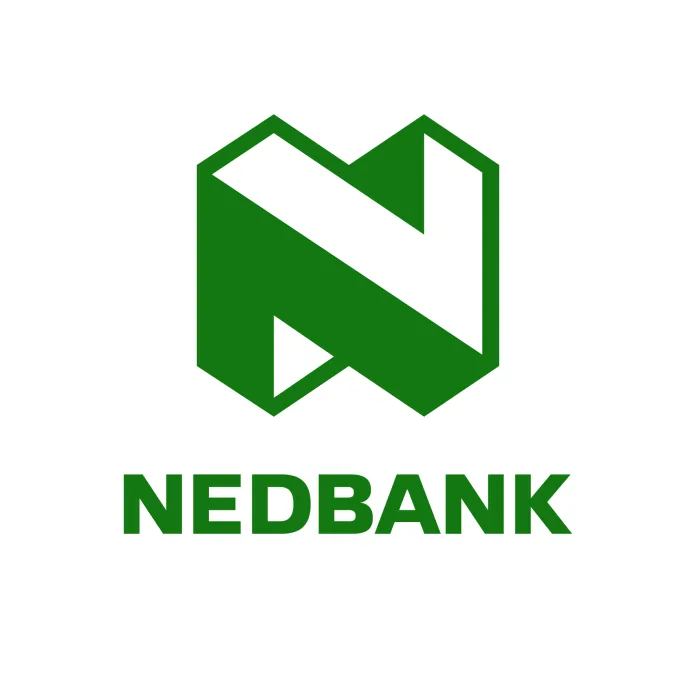Nedbank has launched the PayShap rapid payment system, with a bold pricing strategy designed to drive widespread adoption. The service will be free until 30 April, and thereafter will be available for a nominal fee of R1.
“We are pricing PayShap aggressively because we strongly believe that it is an innovation with enormous potential to help more South Africans join the digital economy. By enabling individuals and small businesses to make instant payments cost-effectively using their mobile phones, PayShap offers the security of digital transacting with the immediacy of cash,” says Nedbank Managing Executive: Solution Innovation, Dayalan Govender.
“It aligns perfectly with Nedbank’s long-held belief that digital technology has a vital role to play in helping South Africans transact more easily, safely and cost-effectively.”
PayShap is the result of a long-term industry collaboration led by BankServAfrica, the financial sector’s clearing house. It allows users to transact instantly without sharing banking details or using a banking app. Instead, instant messaging applications like WhatsApp will be used to transfer funds using a proxy (such as a cellphone number) for each party’s bank account or e-wallet. It aims to help eliminate the need for cash to pay smaller businesses or to exchange funds with friends or family members.
Despite South Africa’s world-class banking system, cash continues to play a huge role in the economy, with R166 billion circulating in notes and coins, and R70 billion per month flowing through the ATM and branch networks. The reasons for the continued high use of cash are complex but one thing is clear: using cash is expensive and its high costs are disproportionately borne by the poor. Research by Genesis Analytics showed that cash cost consumers around R23 billion (0.52% of gross domestic product) in 2016.
These figures include the opportunity cost of using cash. For example, using cash means that both individuals and SMEs have no way of demonstrating their financial status, and thus find it hard to access the loans they need to fund growth. This effectively disempowers them and hobbles the economy.
FinMark Trust research shows that in Nigeria, the growth in instant payments is indeed driving financial inclusion.
“Nedbank has been at the forefront of using technology to make it easier for South Africans to make payments and manage their finances. Our Tap on Phone, which turns a mobile phone into a card acceptance device, is a good example of the way we use technology innovation to make life easy for our customers. PayShap is similarly innovative because it democratises instant payments by making them both affordable and easy to use,” he argues. “You could say it reproduces one of the most important attributes of cash.”
South Africans have a growing appetite for instant payments, and currently transfer in the region of R105 billion per year in this way, even though some banks charge as much as R50 per payment. Using PayShap, anyone can transfer money instantly using a proxy such as a mobile number via a messaging application—and using it through Nedbank will be ultra-affordable. PayShap will initially handle transactions up to R3 000.
“By eroding the use case for cash, we are helping to drive financial inclusion—as the economy digitalises, those who use cash primarily are increasingly marginalised,” Mr Govender concludes. “PayShap is a significant milestone on our journey to a more inclusive, stronger economy, and Nedbank is supporting it by offering exceptionally low transaction costs.”












